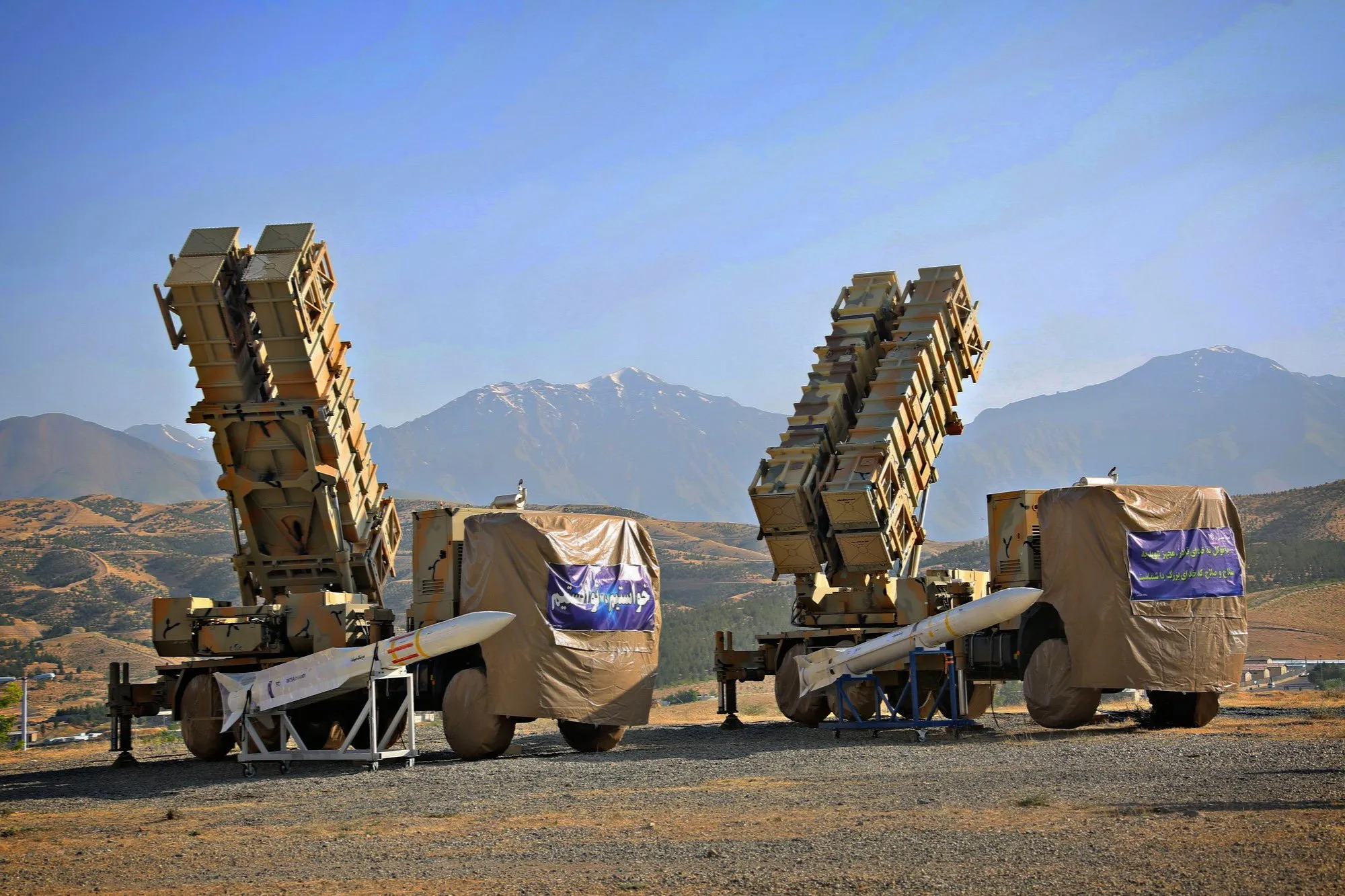Iranian Deputy Defense Minister for International Affairs Hamzeh Qalandari said his country is committed to helping Syria to bolster its air defense capability.
"Syria was practically defenceless in the face of the Zionist regime airstrikes in the past. However, Syria is currently able to repel a large number of air strikes, and we are committed to helping friendly countries,” Brigadier-General Qalandari said on April 4, according to Fars News Agency.
“As in Syria, let us help in the field of empowering air defense and countering air targets," he added.
He noted that there is a high demand for Iran-made arms since the end of the international sanctions, which banned Iran from engaging in the global arms trade.
Iranian military forces deployed in Syria since the beginning of the country's civil war have frequently been hit by Israel. Iran also tries to integrate their proxies into the Syrian army to establish a long-term influence in Syria’s military and security sectors. However, Tehran denies maintaining a military presence in Syria and refers to its troops as "military advisers". In addition, in July 2020, Iran and Syria signed a comprehensive agreement to enhance their cooperation in the military and defense sectors.
On February 23, Iranian Defense Minister Mohammad Reza Ashtiani said that Tehran agreed to sell anti-aircraft arms and electronic warfare equipment to Syria to help it against Israeli attacks. The Khordad-15 air defence system, which can detect threats at a distance of 150 km and respond with Sayyad missiles at a distance of 100 km, could be an option.
Over the past few years, the Syrian media reported hundreds of Israeli air strikes on various targets in Syria, particularly on Iranian interests across the country. The strikes are part of an escalation of what has been a low-intensity conflict whose goal was to slow down Iran’s growing entrenchment in Syria.
The Israeli strikes over the past week have killed several members of Iran's Islamic Revolution Guards Corps (IRGC), and Tehran has vowed retaliation. According to the UK-based monitor the Syrian Observatory for Human Rights (SOHR), the March 31 strikes had killed five members of the IRGC, including a senior commander.
Iran's Foreign Ministry Spokesman Nasser Kanani said on April 2 that the "martyrdom of the two military advisers" was a result of Tehran's efforts to combat "takfiri [Sunni extremists] terrorism and its backers", including the "fake Zionist regime".
He also said that Israel's ongoing airstrikes on Syria violate the country's sovereignty and territorial integrity, as well as international laws and regulations, and "strengthens terrorism".
Kanani said in tweet on April 4 that "the existence and survival of the fake regime of Israel is always based on war, insecurity, and causing discord in the region."
"Of course, there is no escape from internal collapse," he added.
His comments came after the suspected Israeli air strike on the Syrian capital Damascus. The attack was the fourth such incident in less than a week.
In a letter to UN Secretary-General Antonio Guterres on April 3, Iran's UN envoy, Amir Saeed Iravani, said that the Islamic Republic "will take decisive measures to protect its forces, interests, and facilities from any threat or unlawful act."
On April 5, Israel’s Chief of Staff Herzi Halevi said that the country’s military forces are able and ready to strike Iran pre-emptively without the help of the US.
“We are ready to act against Iran. The Israeli army has the ability to strike both in distant countries and near home. In the coming years, the army will significantly strengthen its capabilities… and despite the distance, such a strike (on Iran) will be overwhelming," Major General Halevi added.







 President Ilham Aliyev shed light on the evolving contours of the peace process with Armenia during an international conference in Baku this week. ...
President Ilham Aliyev shed light on the evolving contours of the peace process with Armenia during an international conference in Baku this week. ...
 Azerbaijan and Armenia started the process of demarcation of their border on Tuesday, with the installation of the first border markers based on ge...
Azerbaijan and Armenia started the process of demarcation of their border on Tuesday, with the installation of the first border markers based on ge...
 President Aliyev emphasized the critical role of the North-South Transport Corridor in fostering transport cooperation between Azerbaijan and Russi...
President Aliyev emphasized the critical role of the North-South Transport Corridor in fostering transport cooperation between Azerbaijan and Russi...
 Russian Foreign Minister Sergei Lavrov has reasserted that Moscow has no intentions to stop the fighting in Ukraine, even if peace talks commence.
Russian Foreign Minister Sergei Lavrov has reasserted that Moscow has no intentions to stop the fighting in Ukraine, even if peace talks commence.
 Iran and Pakistan have signed eight cooperation documents in various fields, and agreed to strengthen ties to fight terrorism in the region.
Iran and Pakistan have signed eight cooperation documents in various fields, and agreed to strengthen ties to fight terrorism in the region.



